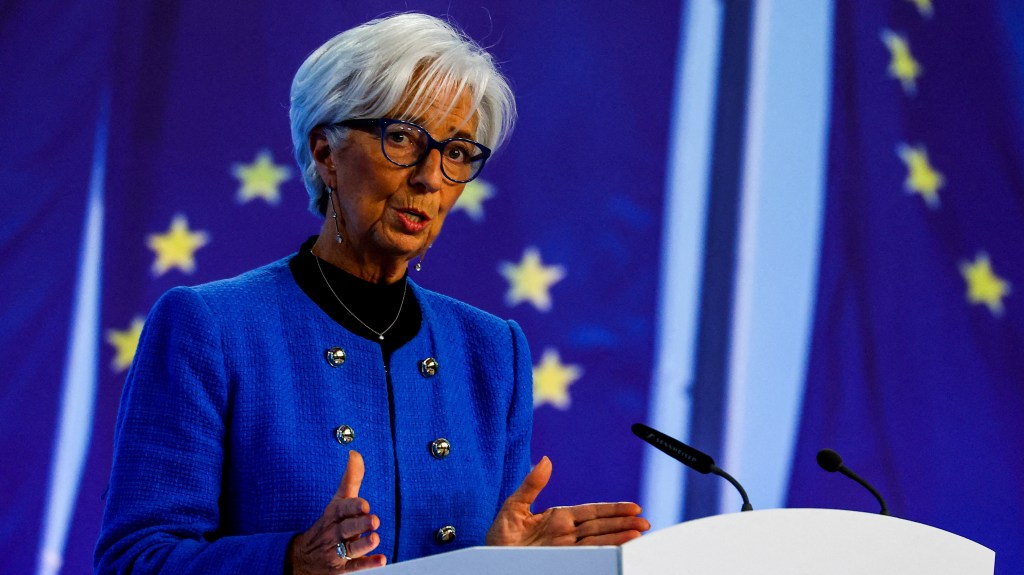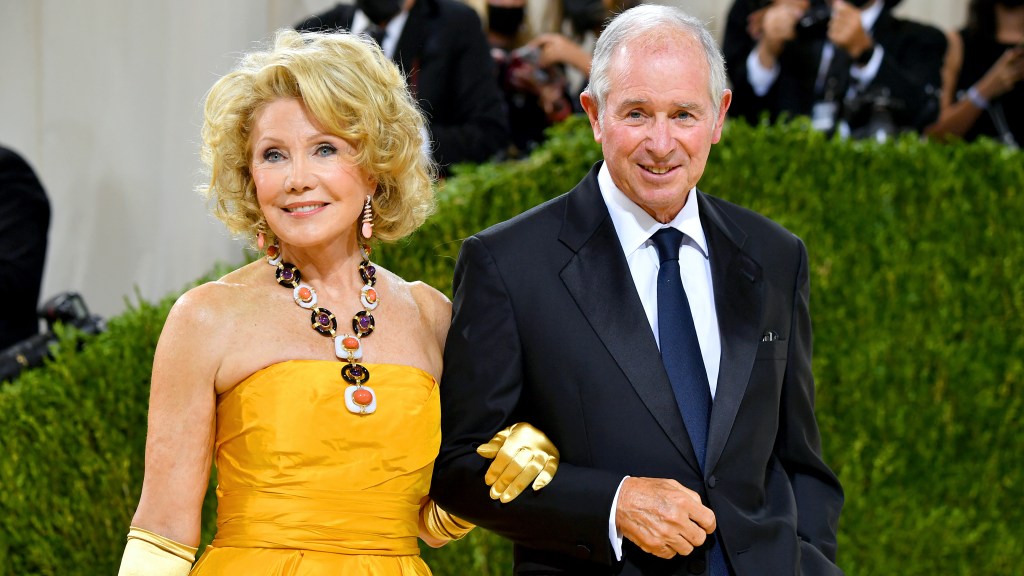ECB Anticipated to Lower Rates Following Drop in Eurozone Inflation
The European Central Bank (ECB) is poised to announce a reduction in interest rates this week, following a decline in inflation that fell below the bank’s target of 2 percent.
In April, the annual consumer price inflation in the eurozone was recorded at 1.9 percent, the first instance of falling below the ECB’s target since September 2024. This figure also came in lower than the central bank’s anticipated rate of 2.1 percent.
The ECB is set to reveal its latest decision on interest rates on Thursday, with expectations to decrease borrowing costs to 2 percent amid consistent disinflation trends. Policymakers are likely to feel reassured by a slowdown in services inflation, which has hit a three-year low of 3.2 percent, according to preliminary data from Eurostat.
Earlier in April, the ECB had lowered interest rates to 2.25 percent, citing concerns that tariffs imposed by President Trump had negatively impacted the growth outlook for the euro area. These tariff threats pose a risk to inflation across the 20-member bloc, with significant import duties potentially leading to a global shift of cheaper goods into Europe, thereby strengthening the euro against the dollar and reducing the cost of imports.
Christophe Boucher, chief investment officer at ABN AMRO, commented that the ECB is nearing victory in the inflation battle, partly due to the unpredictable nature of Trump’s tariff policies.
“Overall inflationary pressures are diminishing in the eurozone, wages are slowing down significantly, and a resurgence in imported inflation seems unlikely at this time,” he stated. “Even in the most adverse situation, tariffs affecting 50 percent of the imported inflation will be limited, considering the substitution effect and the euro’s appreciation in value, along with Europe’s somewhat insulated economy.”
A key indicator of underlying inflation, known as core prices, also fell short of projections, standing at 2.3 percent in April, down from 2.7 percent in March and below the 2.5 percent that economists had forecast.
Market analysts are indicating a nearly 100 percent likelihood that the ECB will implement a further 25 basis points reduction in interest rates this week, bringing the main deposit rate down to 2 percent. Financial markets anticipate that inflation will remain under 2 percent until 2027.
Analysts from Nomura, a Japanese financial institution, predict that the ECB may need to lower rates to as low as 1.5 percent this year to address the deflationary threats. They mentioned, “We believe that weak inflation, decreased eurozone GDP growth due to US tariffs, and the potential spillover effects in Europe due to tariffs on China, will compel the ECB to continue rate cuts beyond this Thursday.”
When comparing inflation rates, the eurozone’s 1.9 percent stands in stark contrast to the UK’s 3.5 percent and 2.5 percent in the US, where the economy is also facing the potential for renewed inflation driven by tariffs.
The euro dipped by 0.33 percent against the dollar, trading at $1.14, and fell by 0.15 percent against the pound to £0.84. Meanwhile, the Euro Stoxx 600 index, representing equities across the bloc, saw a decline of 0.2 percent in trading on Tuesday morning.




Post Comment